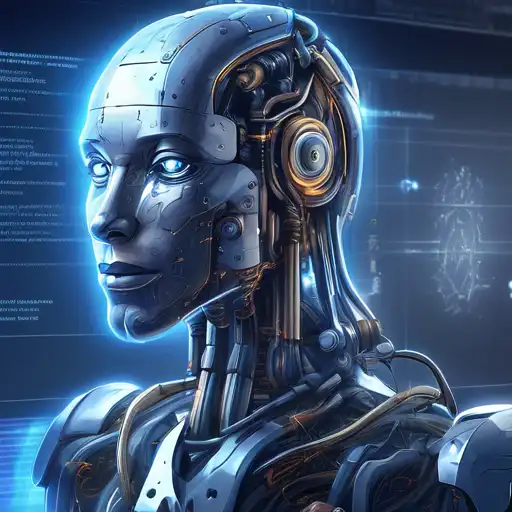Introduction to AI Myths
Artificial Intelligence (AI) is a rapidly evolving field that has captured the imagination of many. However, with its growth, numerous myths and misconceptions have emerged, especially among beginners. This article aims to debunk some of the most common AI myths, providing clarity and a better understanding of what AI truly is and what it can do.
Myth 1: AI Can Think and Feel Like Humans
One of the most pervasive myths is that AI possesses consciousness or emotions similar to humans. In reality, AI operates based on algorithms and data inputs. It doesn't have consciousness or feelings. AI can simulate certain aspects of human thought processes, but it doesn't experience them.
Myth 2: AI Will Replace All Human Jobs
While AI is transforming the job market, the idea that it will replace all human jobs is an exaggeration. AI is more likely to automate repetitive tasks, allowing humans to focus on creative and strategic roles. The future of work with AI is about collaboration, not replacement.
Myth 3: AI Is Infallible
Another common misconception is that AI is always accurate and unbiased. However, AI systems are only as good as the data they're trained on. Poor quality or biased data can lead to flawed outcomes. It's crucial to understand that AI requires continuous monitoring and adjustment.
Myth 4: AI Development Is Only for Experts
Many beginners believe that AI development is inaccessible to those without advanced degrees in computer science. While AI is complex, there are now more resources than ever for beginners to start learning, including online courses and tools designed to simplify AI concepts.
How to Start Learning AI
For those interested in debunking AI myths for themselves, starting with foundational knowledge is key. Explore introduction to AI resources to build your understanding. Practical experience, such as working on small projects, can also demystify many aspects of AI.
Conclusion
Understanding the realities behind common AI myths is essential for anyone looking to explore this field. By debunking these misconceptions, beginners can approach AI with a more informed and realistic perspective, paving the way for meaningful learning and innovation.
Remember, AI is a tool created by humans, for humans. Its potential is vast, but it's important to separate fact from fiction to fully appreciate and utilize its capabilities.
